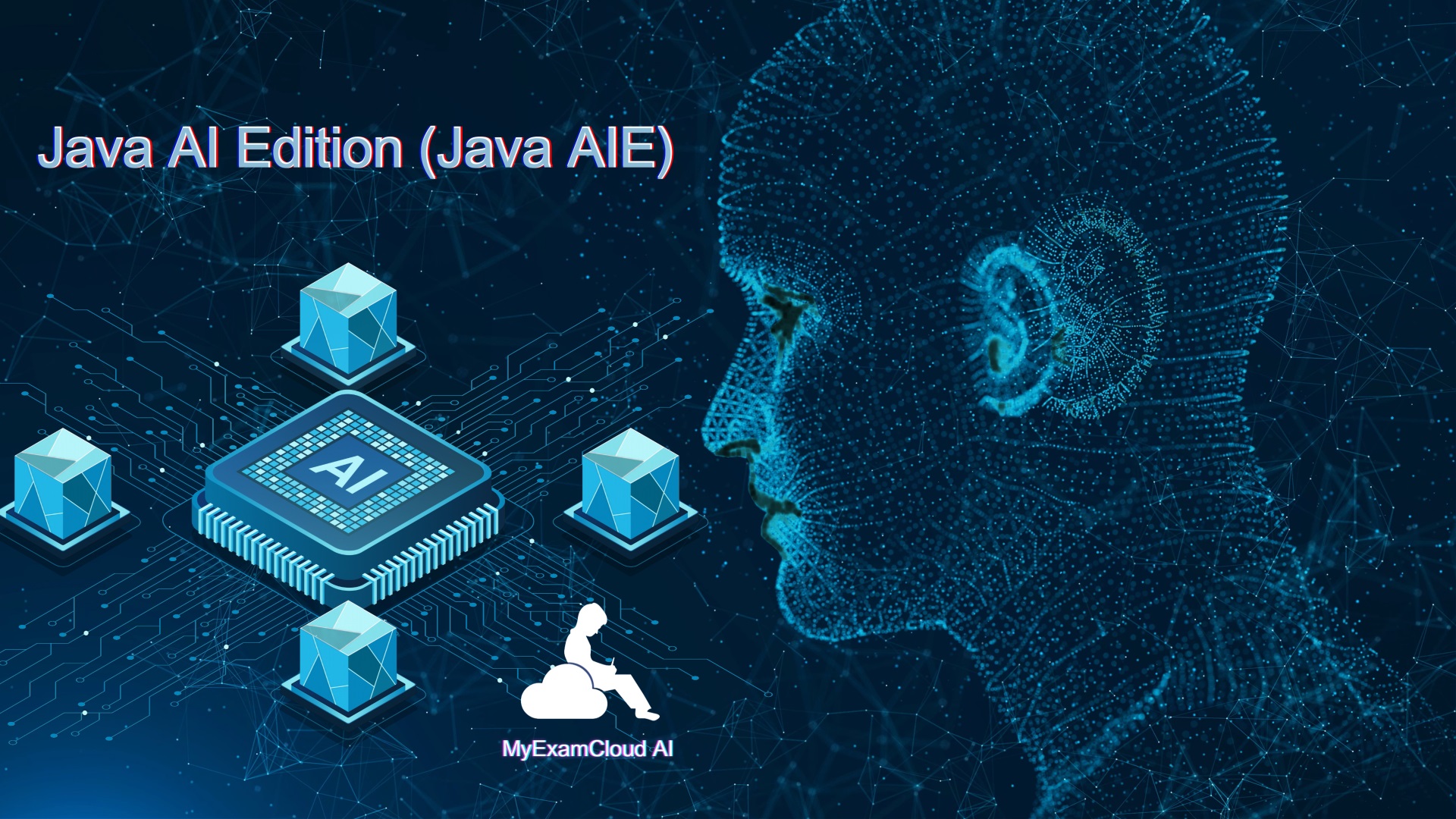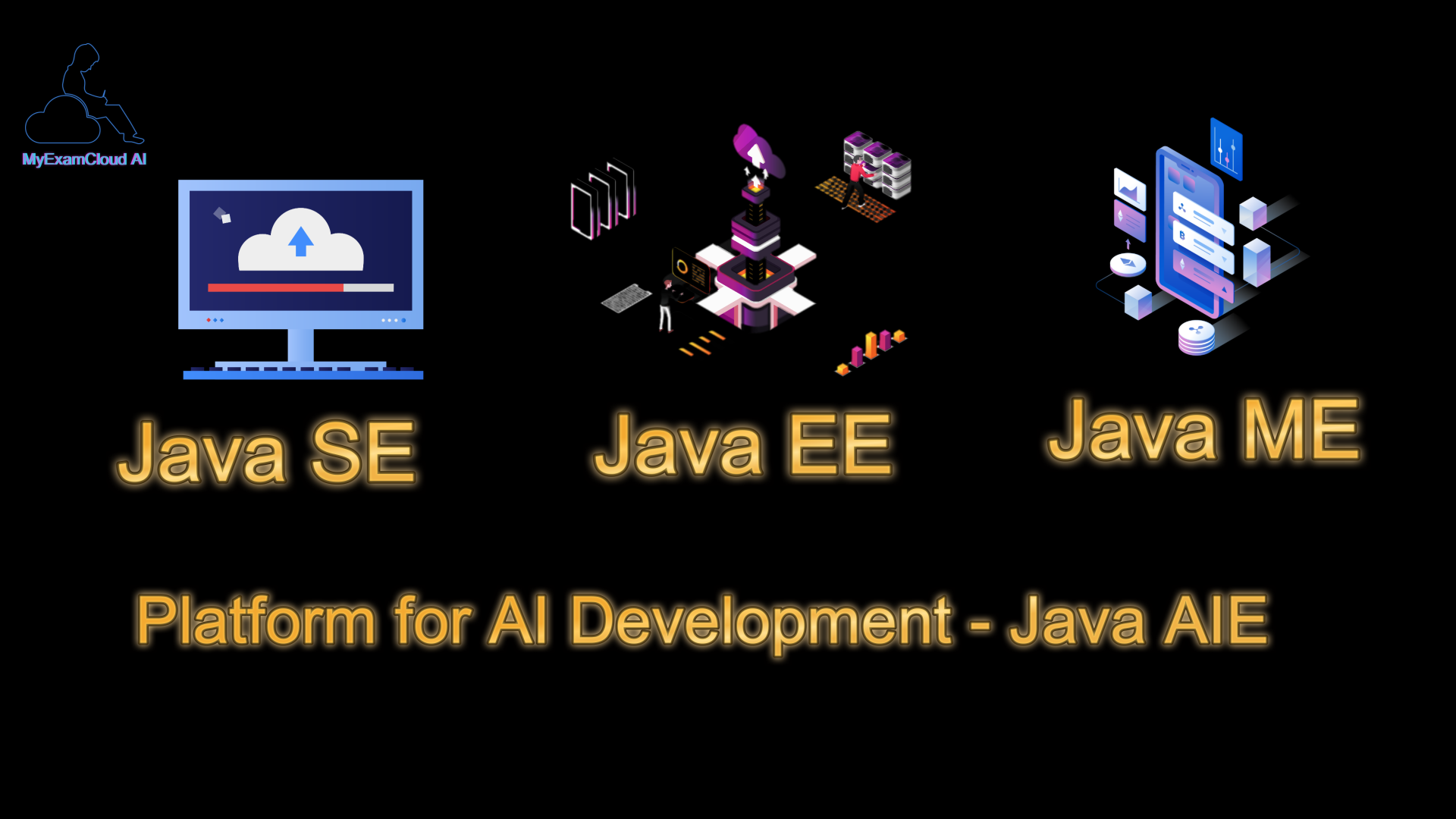
The Rise of Java AI Platform: Defining the Ultimate Requirement to Beat Other Languages in AI Development
The rapid advancement of technology in recent years has led to a significant increase in the use of artificial intelligence (AI) in various industries. As the demand for AI solutions continues to grow, it has become crucial for programming languages to provide robust platforms for AI development. In this competitive landscape, Java has emerged as a top contender with its versatile language and established ecosystem.
Java is a programming language that has been around for over two decades and has evolved to cater to various development needs. It already has distinct platforms, such as Java SE for desktop and console app development, Java EE for enterprise and web app development, and Java ME for mobile and micro app development. However, there is a need for a dedicated Java AI platform to meet the demands of AI development.

One of the main reasons why Java is a strong contender in the AI space is due to the recent introduction of new features under Project Loom with the release of JDK 23. This project aims to simplify concurrency and improve the performance of highly parallelized applications. With the adoption of virtual threads, Java developers can efficiently manage millions of threads, making it easier to handle complex AI workloads.
In addition to Project Loom, JDK 23 also includes updates under Project Panama, which expands Java's ability to interoperate with foreign memory and code. This makes it easier to integrate popular machine learning frameworks like TensorFlow, further solidifying Java's position in the AI landscape.
Moreover, Java's robust ecosystem and large community support make it an ideal choice for developing AI solutions. The Java Community Process (JCP) is responsible for developing and maintaining the Java platform. It allows Java developers to collaborate and contribute to the language's enhancement, making it continuously evolve with the latest advancements in technology.
Furthermore, with the ongoing updates under Project Amber, Java is becoming more concise and easier to use, making it viable for smaller data-focused applications in addition to large enterprise projects. This update focuses on enhancing code readability, a crucial factor in the AI industry, where large amounts of data are involved.
However, for Java to become the ultimate choice for AI development, it needs to provide a dedicated AI platform with relevant APIs required to develop ML models and cloud-based AI solutions. These APIs should cover all aspects, from data preprocessing to model training and deployment. They should also be user-friendly and have seamless integration with popular machine learning frameworks.
In conclusion, with its robust ecosystem, strong community support, and continuous evolution with modern technology, Java has all the essential elements to become the ultimate choice for AI development. With the addition of a dedicated Java AI platform, it will undoubtedly solidify its position and beat other languages in the race for AI domination.
The Java community has high potential for improving in AI development and growing to become the leading language in this area. Keep up-to-date with current Java proficiency by using the most recent Java Certification Practice Tests at MyExamCloud.
| Author | JEE Ganesh | |
| Published | 1 year ago | |
| Category: | Artificial Intelligence | |
| HashTags | #Java #Python #Programming #Software #Architecture #AI #ArtificialIntelligence |


